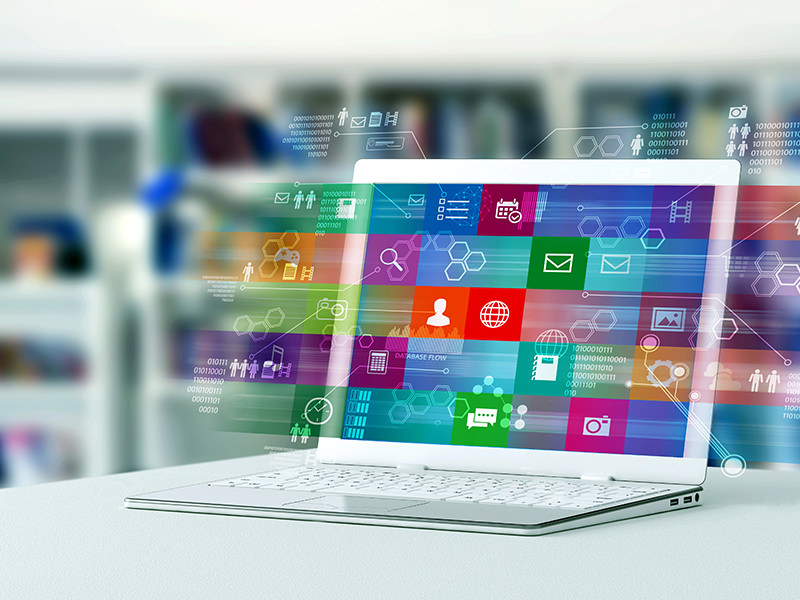There are several types of litigation support software available in the market today, each with their own unique features and benefits. Here are some of the most common types of litigation support software:
- Document Management Systems (DMS): A document management system is designed to help you organize and manage the large volumes of documents that are involved in complex litigation. DMS software allows you to store, organize, and search for documents, and can be integrated with other litigation support software to provide a comprehensive solution for managing your case documents.
- E-Discovery Software: E-discovery software is designed to help you collect, process, review, and produce electronically stored information (ESI) in response to a legal request. E-discovery software can help you identify relevant ESI, filter out irrelevant data, and ensure compliance with legal requirements.
- Trial Presentation Software: Trial presentation software is designed to help you create and deliver compelling presentations during trial. Trial presentation software allows you to display exhibits, images, and videos in a clear and organized manner, and can be used to highlight key points and arguments.
- Case Management Software: Case management software is designed to help you manage the various tasks and activities involved in complex litigation. Case management software can be used to track deadlines, manage documents, and collaborate with other team members.
- Legal Billing Software: Legal billing software is designed to help you manage your billing and invoicing processes. Legal billing software can help you track your time and expenses, generate invoices, and manage your accounts receivable.
- Legal Research Software: Legal research software is designed to help you conduct legal research more efficiently. Legal research software can be used to search for case law, statutes, and other legal documents, and can provide you with relevant results in a matter of seconds.
By using litigation support software, you can streamline your workflow, reduce costs, and improve the outcome of your case. Each type of software has its own unique features and benefits, so it’s important to choose the right software for your specific needs.





